Dear readers, in this article we will discuss the timeline of the internet. We will try to find the answer to a few questions: what is the internet, when was it invented, why, and how it evolved from 2G, 3G, 4G, 5G, and so on. Here we will discuss the importance, significance, and role of the internet in our daily lives.
Definition:
“Internet is defined as the large number of interconnected computers or electronic devices that share information and resources with each other”.
Resources includes software, hardware, messages, letters, email, video, audio, etc.
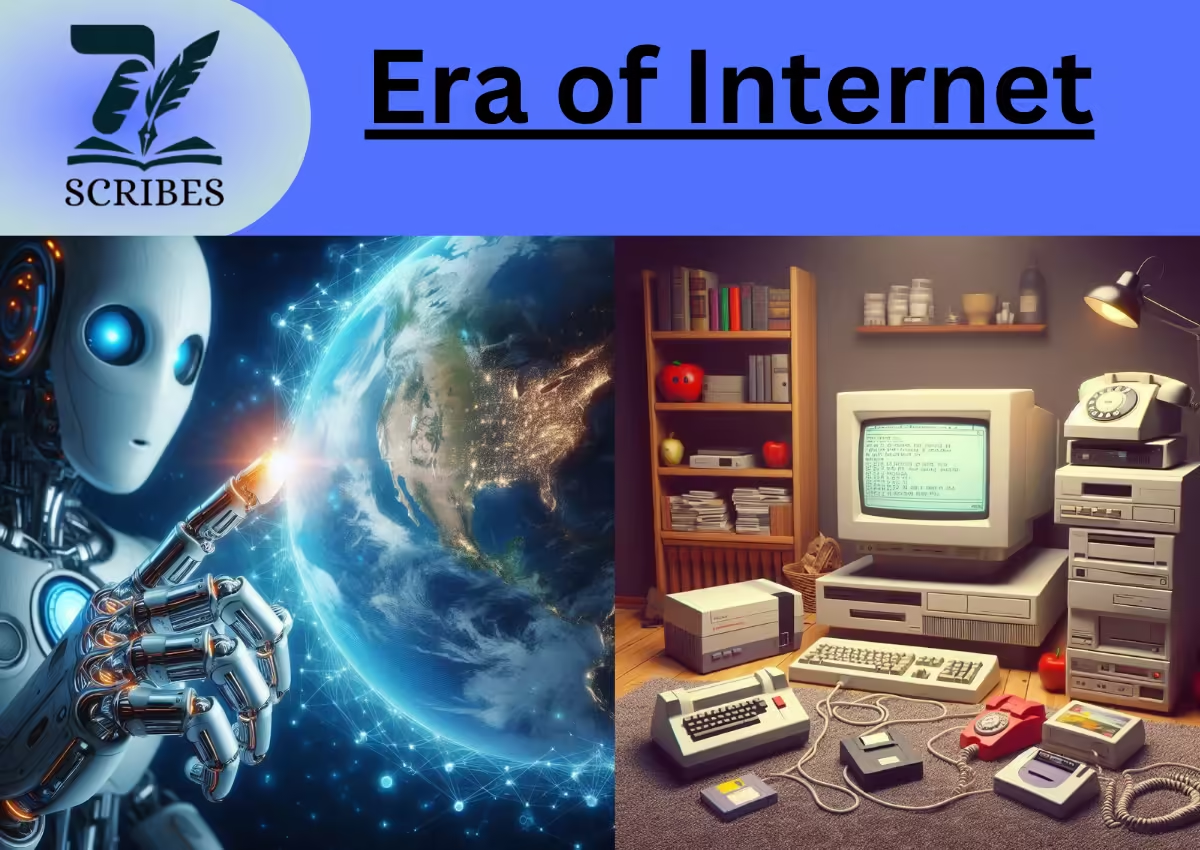
Timeline of the Internet:
The working on the interstartedtart during the Cold War of Russia and America in the 1960s. The basic and main use of the internet is to communicate with the armed forces.
Early Developemets:
-
First Network:
For the first time in history, for the purpose of communication, four computers are developed and connected.
-
ARPANET:
ARPANET stands for Advanced Research Project Agency. When Russia launched Sputnik Satellite, the American Department of Defense developed a network called ARPANET during the Cold War. It allows to connect several computers to a singlecomputer. .It is used to send information to armed forces at large distances with high speed. Email was developed by ARPANET. That makes easy and fast communication between networks and individuals.
-
Paul Baran:
In 1964, Paul Baran published a paper on distributed computer networks. In this proposal, he wrote a theoretical model for data transfer.
It includes data storage, digital packets, and processing.
-
NCP Protocol:
NCP stands for Network Control Protocol. It was the first network protocol that was developed in 1970. It is a standard protocol for data transfer.
-
DARPA:
It stands for Defanced Advanced Research Project Agency. It was the new name of ARPA. Now, about 37 countries were connected together.
DARPA started data sharing among different networks.
-
TCP/IP:
It stands for Transmission Control Protocol or Internet Protocol. A team of the Standardford Institute developed TCP/IP. It was developed in 1982. It laid the foundation of the modern internet. It is a standard protocol that all allows different computer networks to interconnect.
-
BITNET and CSNET:
BITNET stands for Because It’s Time Network. CSNET stands for Computer Science Network. It is developed for academic and research purposes rather than military ppurposes
Birth of Modern Internet:
-
Domain Name System (DNS):
domain name system replace IP addressing. Made easy to websites through names like 7scribes.com,.org, etc. rather than using IP addressing. It was developed in 1983.
-
Internet Services Provider (ISPs):
It emerged in the early 1990s. It makes services available across government, military, and academic institutions.
The key functions of an internet service provider are:
- Internet Connectivity
- Email services
- Web hosting and Domain registration
World Wide Web (www):
-
WWW(1990s):
“The World Wide Web is a system of hypertext documents, and it can be accessed through the internet. It also refers to a webpage as an interlinked set of related webpages. which contain text, images, videos, audios, gragraphics,c.”
A British computer scientist, Tim Berners-Lee, invented the World Wide Web (www). He also developed HTML (Hypertext Markup Language), HTTP (Hyper Text Transmission Protocol), and URLs (Uniform ResourcesLocatorr) in 1989. It allows to create webpages and interlink them.
-
Web browser:
Web browsers help to navigate webpages. It made easy access to webpages through URLs (Uniform Resource Locator).
Due the above developments, the internet merged on January 1, 1983, considered the official birthday of the internet. Today, the internet is the largest network all over the world.
Internet Boom (1990s to 2000):
Due to advancement in the technology. The Internet started growing in the late 1990s and 2000s. It grew rapidly and became the global network. So, it can be called the internet boom era.
-
Internet Boom
In the late 1990s, a large number of start-ups and companies emerged, and investment in internet-based companies also increased. During this time, the internet grew faster and accessible widely due to the broadband technology.
Web 2.0: Era of Social Media (2000-2010):
-
Web 2.0:
In the early 2000s, Web 2.0 brought the new generation of interactive and collaborative content to the forefront. It was the time when blogging and social networking started.
-
Social Media Platforms:
Social media are the platforms where individuals can find people with common interests, college, friends, and family members. These sites and apps allow instant messaging through the internet. Some famous social media platforms are:
- Facebook: The founder and Chief Executive Officer (CEO) of Facebook is Mark Zarkerberg. He developed Facebook in 2004.
- Youtube: The co-founders are Chad Hurley, Steve Chen, and Jawed Karim. They developed in 2005.
Current CEO is Neal Mohan.
- Instagram: The instagram was cofounded by Kevin SYstrom and Mike Krienger in 2010.
- Twitter: Twitter was co-founded by Noah Glass, Evan Williams, Biz Stone, and Jack Dorsey in 2006. But the current owner and CEO is Elon Musk.
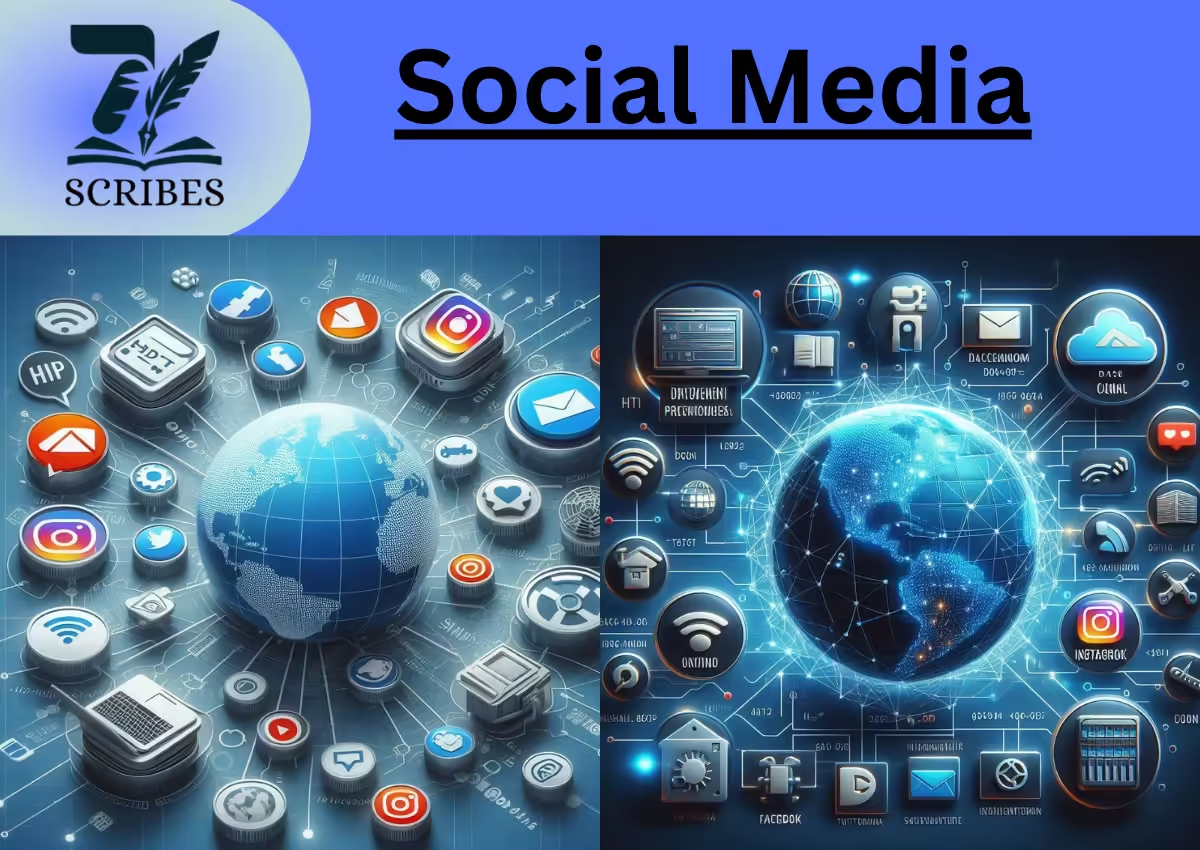
-
Cloud Computing:
Cloud computing allowed to store data on the server and gave remote access to access data anywhere at offices, homes, etc. some services provider are Amazon Web Services, Google Cloud etc.
Mobile Internet:
In late 2010, the smart phone was rapidly developed and became easily accessible to people. This gave more people access to mobile internet to interact with the world as compared to desktop computers.
-
5G:
The development of 5G technology accelerated internet speed and innovation like the Internet of Things (IoT) and other different devices.
-
Artificial Intelligence:
AI, machine learning, and data analytics become the main parts of internet driving personalization, recommendations, and automation.

The Internet Today
The Internet evolved and grew rapidly from its birth. Nowadays it becomes a part of daily life. With time, the internet has become more powerful. Billions of people all over the world access the internet and take advantage of internet-based technologies. It is used in every step and field of life, including academics, communication, business, entertainment, and governments. The internet continues to evolve with block chain technology, virtual reality, and the metaverse.

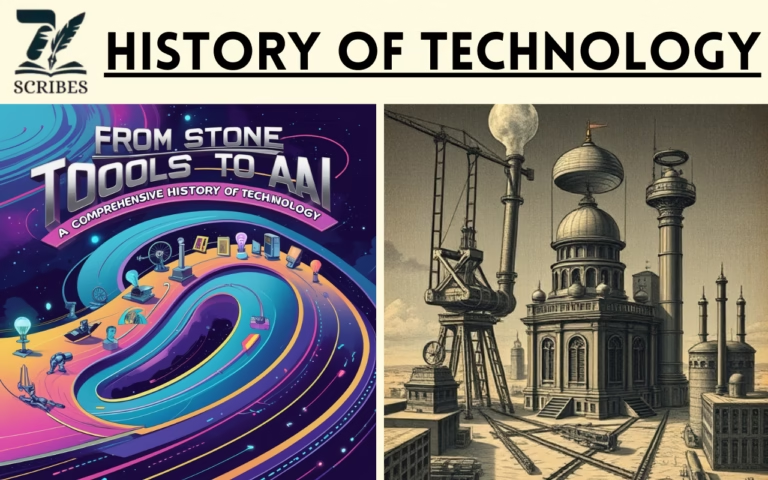
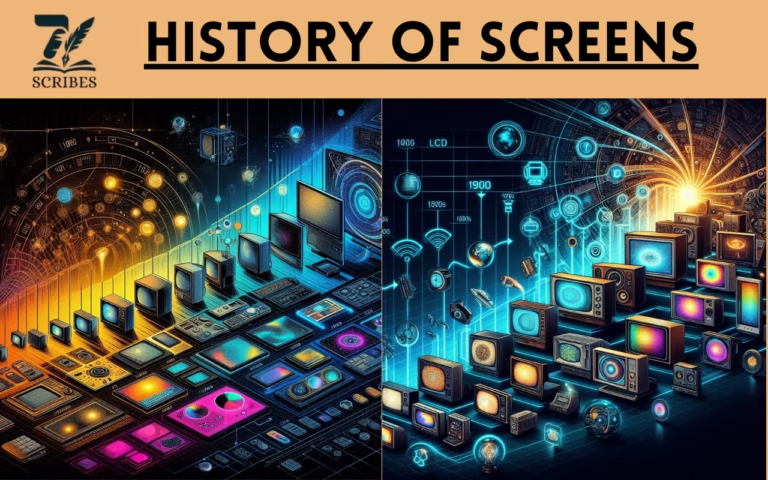
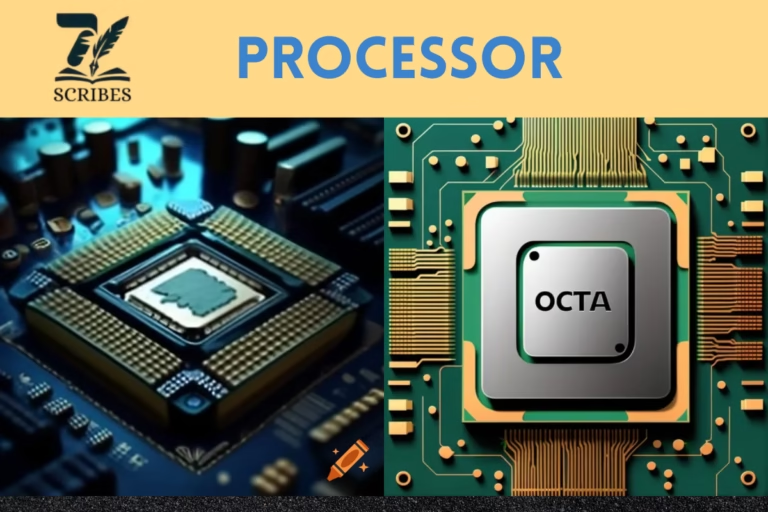
Leave a Comment
Your email address will not be published. Required fields are marked *
No Comments Yet
Be the first to share your thoughts!